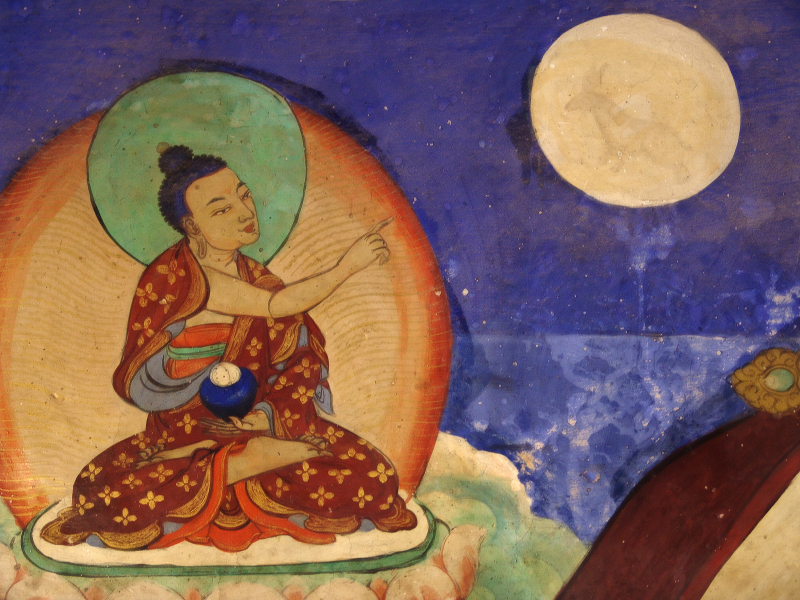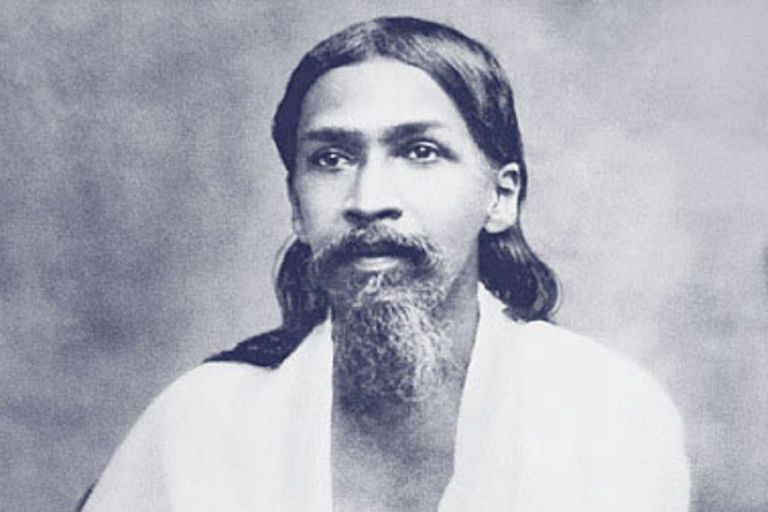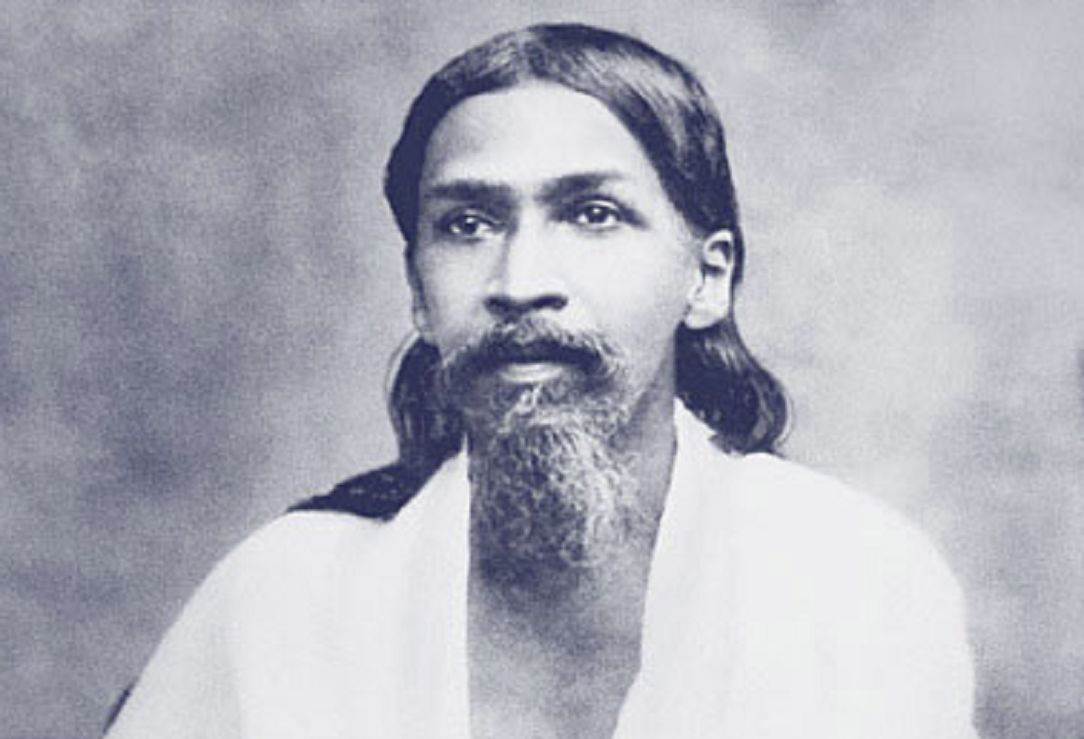SPIRITUAL CORNER
It is not easy to come out of the trap of tamasic dullness or rajastic intoxication. However, life , as Sri Aurobindo revealed in his brilliant interpretation of the Bhagavadgita, needs sattwic consciousness to find its true meaning and purpose.
Sri Aurobindo

The tamasic reason is a false, ignorant and darkened instrument which chains us to see all things in a dull and wrong light, a cloud of misconceptions, a stupid ignoring of the values of things and people. This reason calls light darkness and darkness light, takes what is not the true law and upholds it as the law, persists in the thing which ought not to be done and holds it up to us as the one right thing to be done. Its ignorance is invincible and its persistence of will is a persistence in the satisfaction and dull pride of its ignorance. That is on its side of blind action; but it is pursued also by a heavy stress of inertia and impotence, a persistnce in dullness and sleep, an aversion to mental change and progress, a dwelling on the fears and pains and depressions of mind, which deter us in our path or keep us to base, weak and cowardly ways.
The mind of the rajasic man drinks of a more fiery and intoxicating cup; the keen, mobile,active pleasures of the senses and the body and the sense-entangled or fierily kinetic will and intelligence are to him the joy of life and the very significance of living. This joy is nectar to the lips at the first touch, but there is a secret poison in the bottom of the cup and after it the bitterness of disappointment, satiety, fatigue, revolt, disgust, sin, suffering, loss, transcience. And it must be so because these pleasures in their external figure are not the things which the spirit in us truly demands from life; there is something behind and beyond the transience of the form, something that is lasting, satisfying, self-sufficient.
What the sattwic nature seeks, therefore, is the satisfaction of the higher mind and the spirit and when it gets the large object of its quest, there comes in a clear, pure happiness of the soul, a state of fullness, an abiding ease and peace. This happiness does not depend on outer things, but on ourselves alone and on the flowering of what is best and most inward within us. But it is not at first our normal possession; it has to be conquered by self-discipline, a labour of the soul, a high and arduous endeavour. At first this means much loss of habitual pleasure, much suffering and struggle, a poison born of the churning of our nature, a painful confict of forces, much revolt and opposition to the change us to the ill-will of the members or the insistence of the vital movements, but in the end the nectar of immortality rises in the place of this bitterness and as we climb to the higher spiritual nature we come to the end of sorrow, the euthansia of grief and pain. That is the surpassing happiness which descends upon us at the point or the line of culmination of the sattwic discipline.
SOURCE: Sri Aurobindo, Essays on the Gita, Sri Aurobindo Ashram, Pondicherry, 1972














